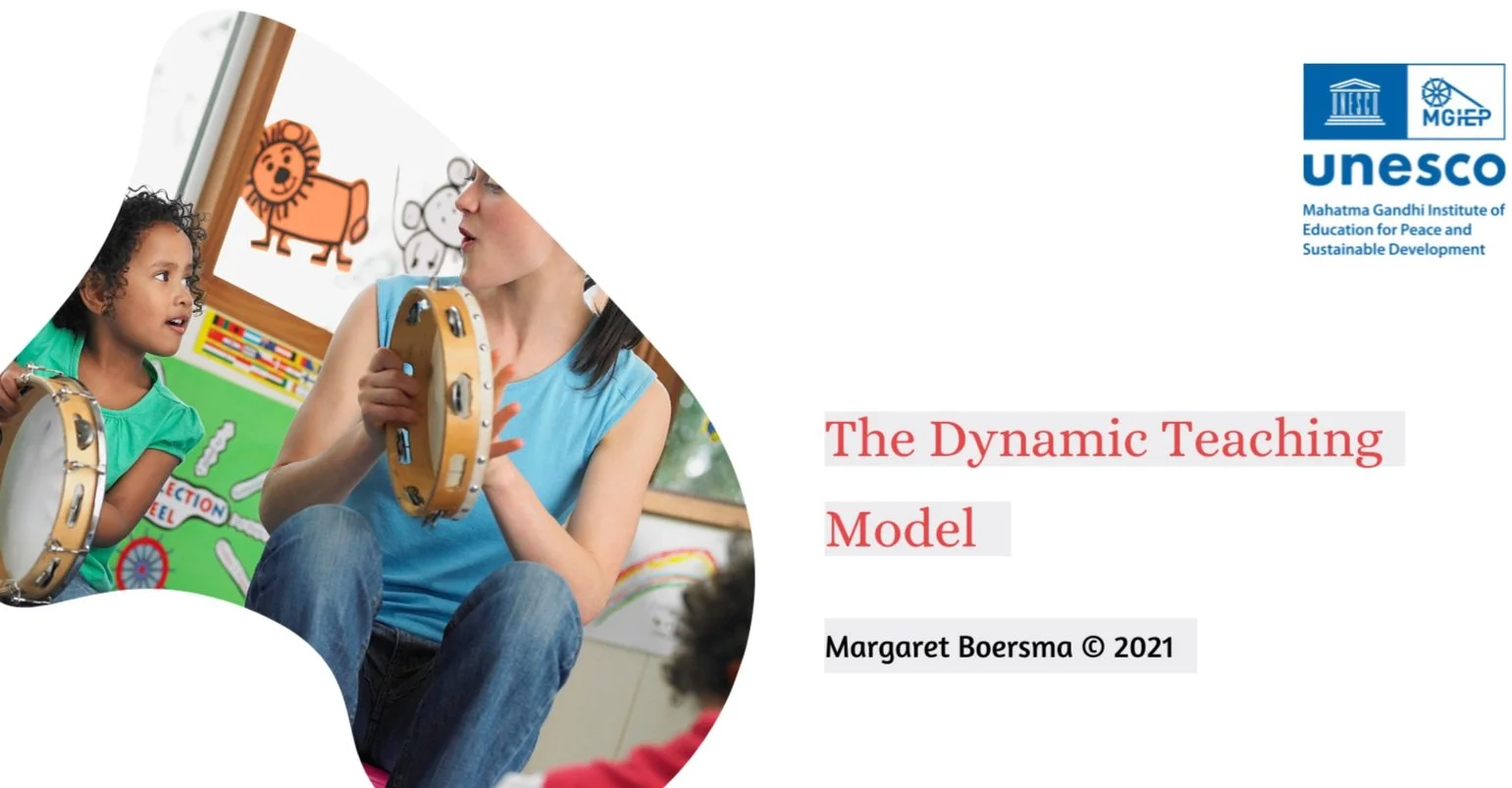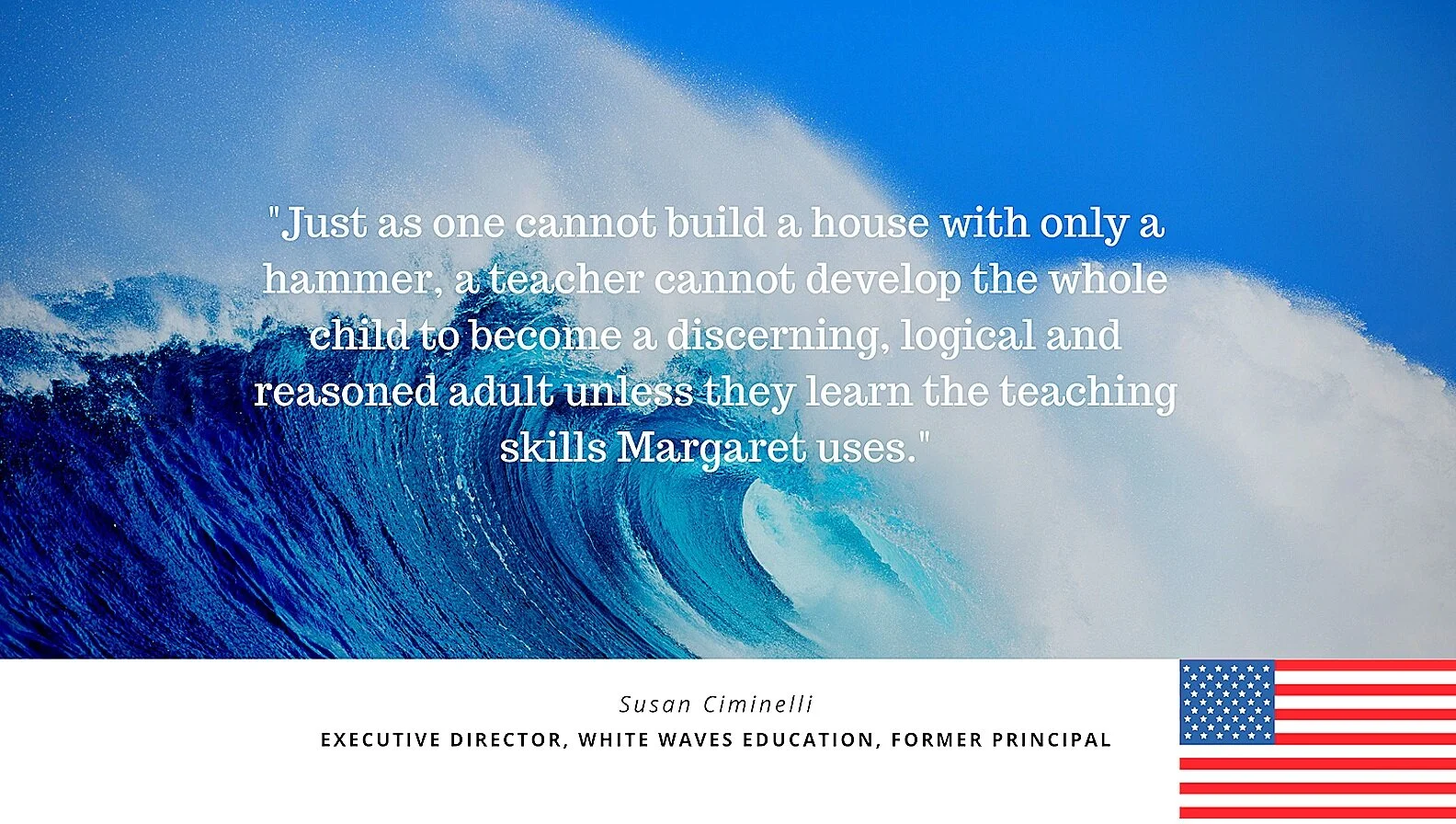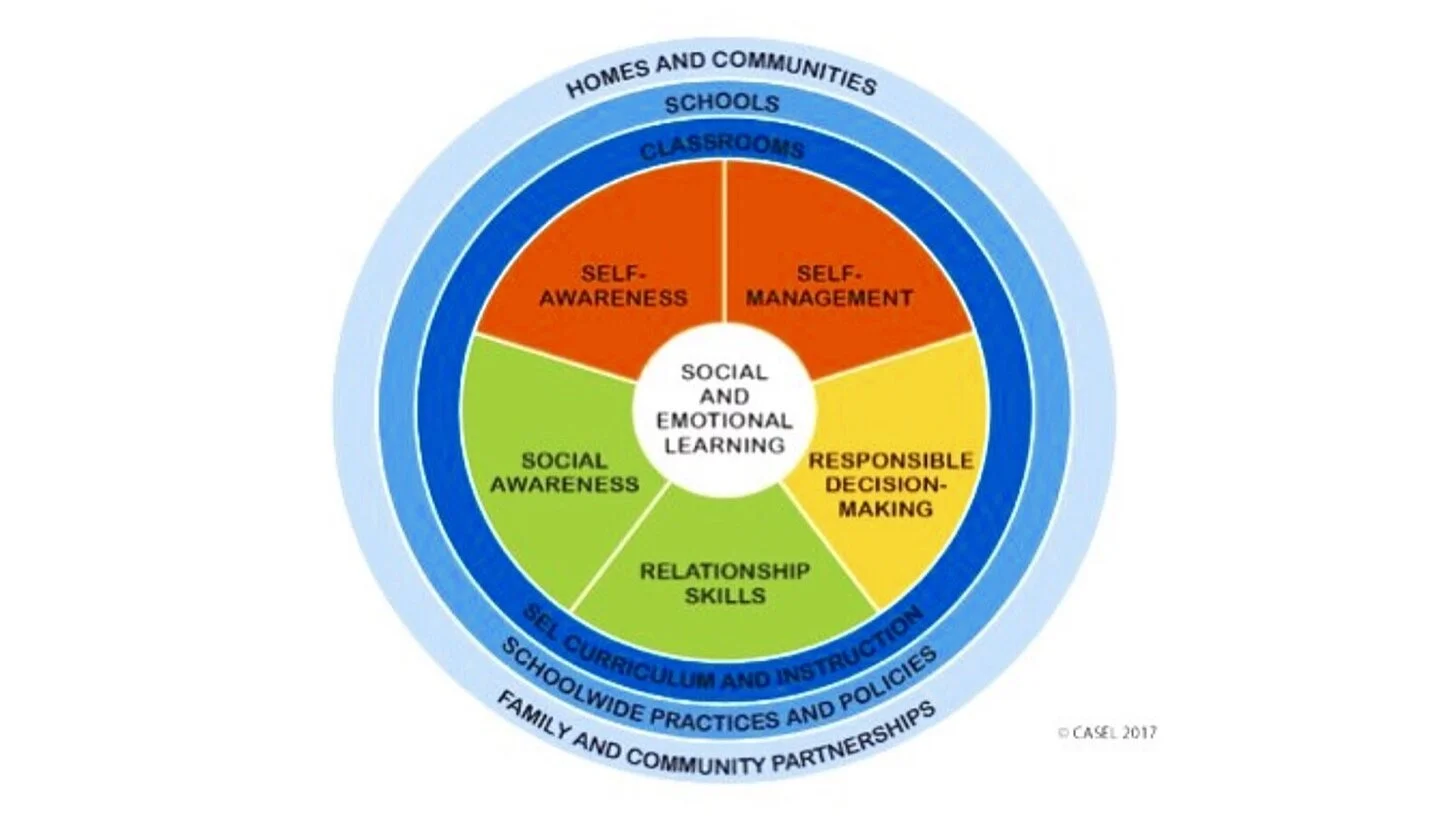In the same way that the soil has to be rich and fertile to grow into strong, healthy plants, so do the relationships in students’ lives need to be fertile to raise strong, contributing human beings in society. It is critical to have relationships that work inside and outside of school. Administrators and teachers, caretakers and teachers, caretakers and students, parents and staff are all critical for nurturing young minds and setting examples.
Read MoreAs teachers and administrators, we experience these kinds of interactions more often. Doing our best to be equitable, we can still be misunderstood. Our goal is to move our students forward so they can reach their fullest potential. And yet, we are often at a loss as to how to make that happen.
Read MoreSometimes we try so hard to ‘work on our relationships’ by doing thoughtful favours, giving gifts or helping out in practical ways and still…it will come out that something is not perfect about the way we are being perceived by that person. We will have a better-quality life if we take responsibility for everything…even if we feel that only a smidgen is really our responsibility. Consider, that there may be, even a small amount, of truth to the comment. Consider, there is an unresolved issue from the past that keeps these thoughts and comments alive. Consider, that taking responsibility brings us freedom.
Read MoreA grade three student says, "You mean we can be friends again after we make amistake?" Students learn the “Make-it-Right Formula" and ah-ha! moments are visible in their eyes. The thrill of those ah-ha! moments gives me great joy! And it doesn't matter if it happens with children or adults; the thrill is the same.
Read More













Analogical Problem-Solving ™ is what I call teaching by living inside a story such as the Us and Them unit. Students have agency/voice to make decisions inside their class story, an analogy of life. As teachers, we carefully follow their suggestions and integrate lessons as we plan strategies that allow them to discover their learning. Students learn real-life lessons without real-life consequences. They realize at a profound level that we have so much in common. We are all connected. Ultimately the students decide war is not worth the enormous human cost. And they internalize that we are all part of the human race.